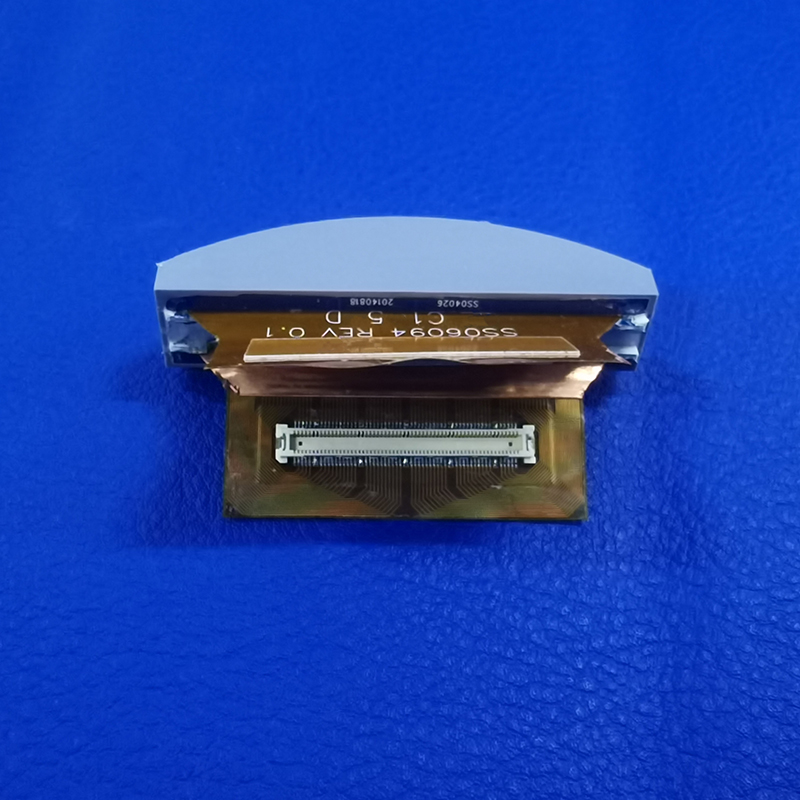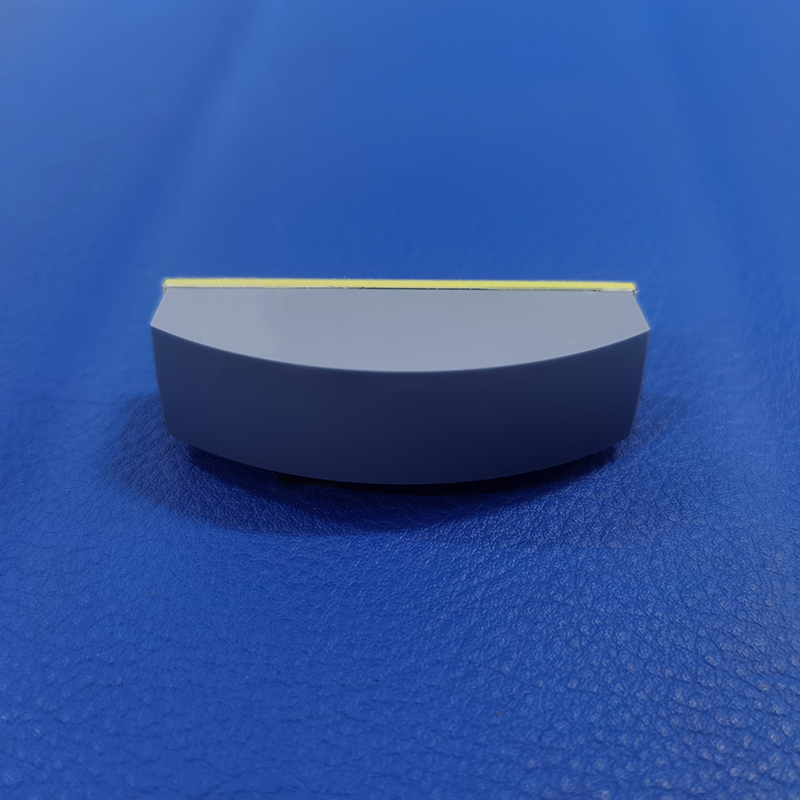What is a pregnancy ultrasound?
A pregnancy ultrasound is a test that uses high-frequency sound waves to image the developing baby as well as the mother’s reproductive organs. The average number of ultrasounds varies with each pregnancy. Samsung Probe

An ultrasound, also called a sonogram, can help monitor normal fetal development and screen for any potential problems. Along with a standard ultrasound, there are a number of more advanced ultrasounds — including a 3-D ultrasound, a 4-D ultrasound, and a fetal echocardiography, which is an ultrasound that looks in detail at the fetus’ heart.
In the first trimester of pregnancy (weeks one to 12), ultrasounds may be done to:
In the second trimester (12 to 24 weeks) and the third trimester (24 to 40 weeks or birth), an ultrasound may be done to:
A transvaginal ultrasound may be done to produce a clearer image. This ultrasound is more likely to be used during the early stages of pregnancy, when capturing a clear image may be more difficult. For this test, a small ultrasound probe is inserted into the vagina. The probe rests against the back of your vagina while the images are captured.
Unlike a traditional 2-D ultrasound, a 3-D ultrasound allows your doctor to see the width, height, and depth of the fetus and your organs. This ultrasound can be especially helpful in diagnosing any suspected problems during your pregnancy. A 3-D ultrasound follows the same procedure as a standard ultrasound, but it uses a special probe and software to create the 3-D image. It also requires special training for the technician, so it may not be as widely available.
A 4-D ultrasound may also be called a dynamic 3-D ultrasound. Unlike other ultrasounds, a 4-D ultrasound creates a moving video of the fetus. It creates a better image of the baby’s face and movements. It also captures highlights and shadows better. This ultrasound is performed similarly to other ultrasounds, but with special equipment.
A fetal echocardiography is performed if your doctor suspects your baby may have congenital heart defects. This test may be done similarly to a traditional pregnancy ultrasound, but it might take longer to complete. It captures an in-depth image of the fetus’ heart — one that shows the heart’s size, shape, and structure. This ultrasound also gives your doctor a look at how your baby’s heart is functioning, which can be helpful in diagnosing heart problems.
Last medically reviewed on October 7, 2016
Our experts continually monitor the health and wellness space, and we update our articles when new information becomes available.
Debra Sullivan, PhD, MSN, RN, CNE, COI
What’s the difference between a sonogram and an ultrasound? The two terms are often used interchangeably, but by definition, an ultrasound is the…
A transvaginal ultrasound, also called an endovaginal ultrasound, is a type of pelvic ultrasound used by doctors to examine female reproductive organs.
Ultrasound is an essential tool for evaluating your baby during pregnancy. Find out which factors you and your doctor should consider to help decide…
An 8-week ultrasound can confirm your pregnancy is in your uterus, verify your due date, and ensure that your baby has a healthy heartbeat.
We'll tell you all about the 6-week ultrasound, including why your doctor may have ordered it, what the risks are, and what it means if no heartbeat…
As part of Healthline's 2023 social impact commitment to maternal health equity, we embarked on research to uncover key gaps in health information and…
Sensitive breasts and nausea are some of the earliest signs of pregnancy.
When repairing episiotomies or tearing from birth, some doctors put in an extra stitch “for daddy,” which has painful consequences for women.
Body aches are common during pregnancy. Some are your body's response to pregnancy. Others may need immediate care. Speak with your doctor if you have…

Siemens Acuson If you haven’t been pregnant but are lactating, you may be experiencing a condition called galactorrhea. Here are the symptoms.